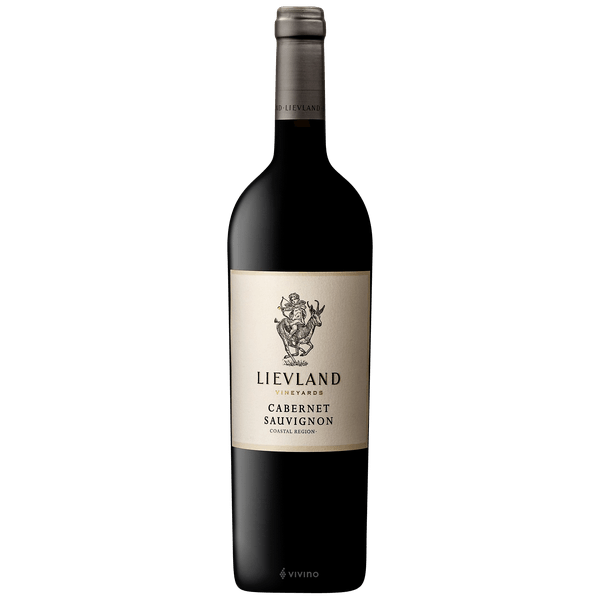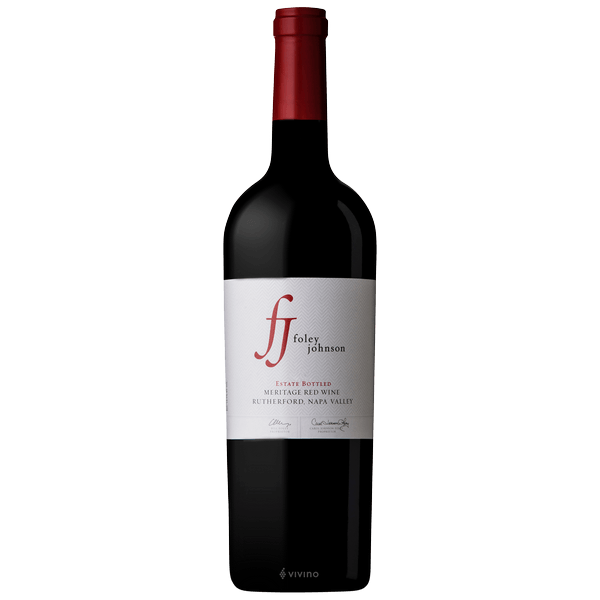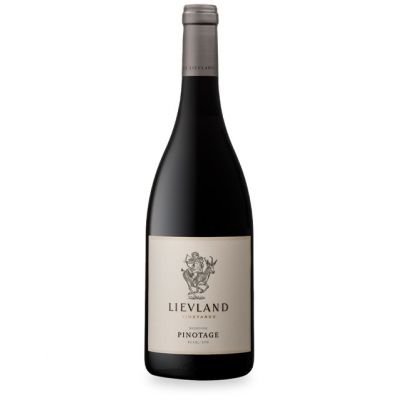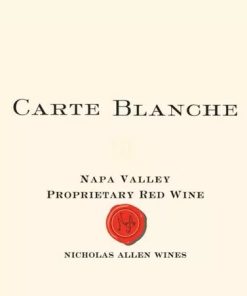2017 Lievland Vineyards Cabernet Sauvignon Coastal Region
$16.99
Out of stock
2017 Lievland Vineyards Cabernet Sauvignon Coastal Region
2017 Lievland Vineyards Cabernet Sauvignon Coastal Region A combination of high-altitude cooler Stellenbosch vineyards and dryland warm climate Paarl vines resulting in a balanced wine with complexity and abundance of fruit.
The Stellenbosch fruit adds structure and elegance to the wine while the grapes from Paarl add riper dark fruit and richness. Hints of pencil shavings, blueberries and prunes are all evident on the nose, while the palate boasts of dark fruit with juicy tannins and an elegant finish. Aiming to craft a more traditional style of Cabernet, a small percentage of Cinsault was added contributing vibrant fruit expression and balance to this well-rounded and classic Cabernet Sauvignon.
Lievland
Lievland, directly translated, means “love land” and there are few who come to this farm that aren’t charmed by its bucolic beauty. Twenty years ago, Lievland was considered one of South Africa’s top estates. Jose Condé and Tyrrel Myburgh, partners in MAN Family Wines, purchased the farm in late 2017 with the goal of resurrecting it to its former glory.
Cabernet Sauvignon
Cabernet Sauvignon is the world’s foremost red wine-grape variety. Though widely cultivated throughout the world, it is most commonly associated with the red wines of Bordeaux.
In the vineyard, Cabernet Sauvignon grapes are small, thick-skinned and decidedly blue-colored, with a high pip-to-pulp ratio. Its thick skin results in wines of profoundly deep color, and the pips add a high level of tannin.
It ripens late, which is advantageous in warmer climates like Bordeaux, France and California. In colder growing environments, Cabernet Sauvignon can easily fail to ripen properly. Unripe Cabernet Sauvignon shows a lot of the aromas similar to unripe Cabernet Franc, notably a green or herbaceous character. This may not be entirely surprising, as Cabernet Sauvignon’s parents are Cabernet Franc and Sauvignon Blanc.
Cabernet Sauvignon’s flavors can vary from region to another. Cabernet Sauvignon produced in Bordeaux’s Margaux appellation varies considerably from one grown farther north in Pauillac, for example. The best Cabernet Sauvignon wines tend to have deep color, good structure and a full body. They are tannic in youth, especially when aged in oak, and often require a few years to soften before they become enjoyable to drink. Typical flavors may include black fruits like blackcurrant or blackberry, as well as fragrant cigar box, tobacco and coffee.
Related products
2019 Ca’ del Baio Autinbej Barbaresco DOCG 2019 Ca’ del Baio Autinbej Barbaresco DOCG is a deep garnet red with reflections of old pink. The nose is an intense, fruity aroma reminiscent of raspberries, jam, and violets that give an ethereal feeling accompanied by sweet spicy notes and hints of cocoa. In the mouth, Autinbej is [...]
2020 Domaine des Lambrays Clos des Lambrays Grand Cru 2020 Domaine des Lambrays Clos des Lambrays Grand Cru, A fresh red, with black currant and black cherry flavors shaded by floral, iron, earth and spice elements. Fluid and on the elegant side, with a solid underlying framework of tannins. Turns a bit leaner on the [...]
2019 Rosa del Golfo Primitivo is a red wine from Salento characterized by warmth, smoothness, balance and elegance, born from a short aging in oak barrels. A spicy and Mediterranean bouquet of black fruits, red flowers, wild herbs, pepper and sweet spices animate a velvety, warm, full-bodied, elegant and persistent taste. With a silky and [...]
95 Jeb Dunnuck | 93 James Suckling | 95 Robert Parker's
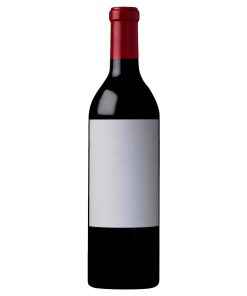 2021 Francois Villard Les Contours de Deponcins Viognier
2021 Francois Villard Les Contours de Deponcins Viognier 